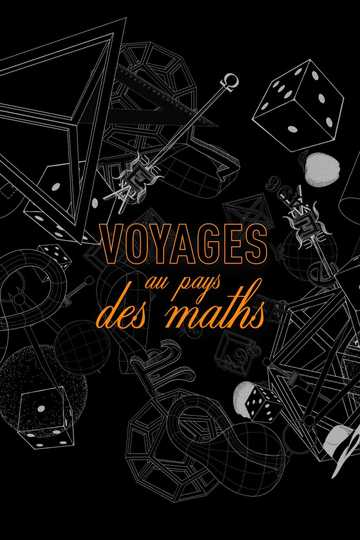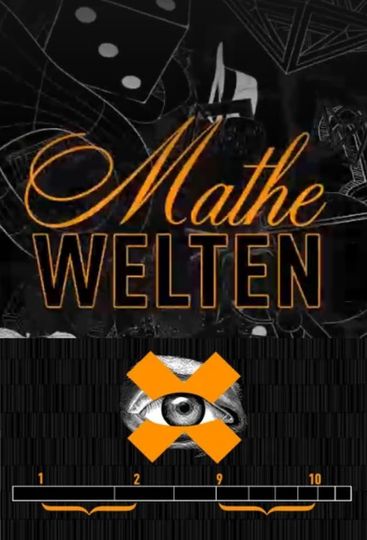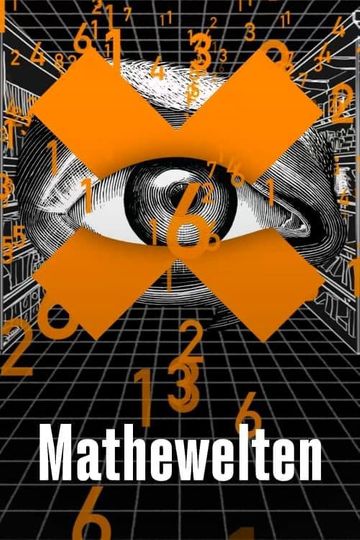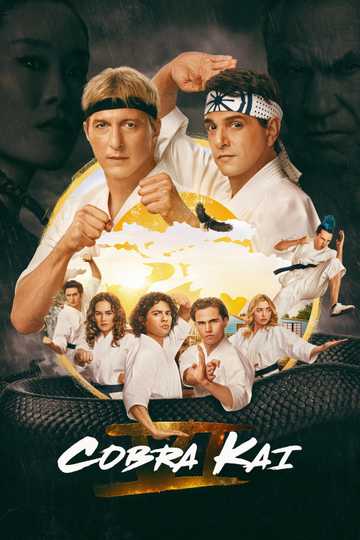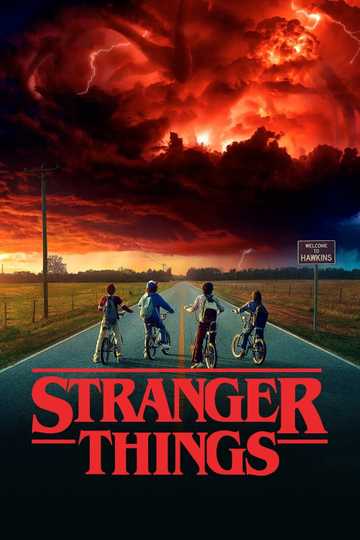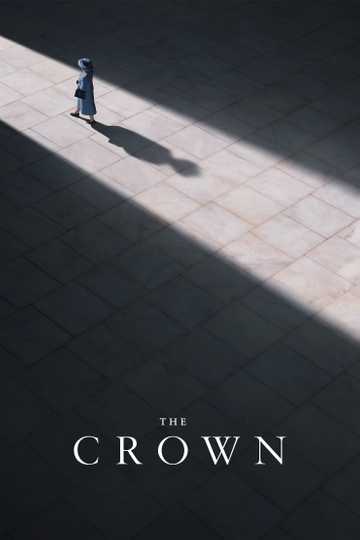Season 1 Episodes
1. Benford’s Law
Frank Benford observed that the number one seems to pop up a lot in both in the supermarket and on tax bills. In understanding this law, it helps to simply look at the world from a different perspective.
2. Newton and the Infinitesimal Calculation
Speed is such a common term that it's easy to forget how much of a role maths plays in understanding it. Until three or four centuries ago, there was no speed at all. It was only since the Renaissance that the concept of movement crept into the world of mathematics, thanks to calculus and Isaac Newton.
3. To Infinity, and Beyond
A circle is also a triangle and a triangle is a square. Sound impossible? Not in the realm of topology, which even applies to 3-dimensional spaces and anything from donuts, UFOs and potatoes. The discipline's inventor, Henri Poincaré, created one of the most difficult problems in mathematics.
4. On the Road to Infinity
In this episode of our travels in the land of maths, we are heading towards Infinity. And even beyond, because infinity comes in many sizes. That may seem strange, but Georg Kantor and his set theory will help us come to terms with this maths concept of dizzying scale.
5. Gödel’s Theorem
In this episode, we look at the relationship between maths and truth. Maths is meant to be certain, either right or wrong. Turns out, it’s not that simple. For Gödel's theorem has proved that there are “undecidable” theories, which one can neither prove nor disprove.
6. The Prisoner’s Dilemma
Two prisoners must choose between cooperation and betrayal without consulting each other. This famous prisoner's dilemma that will take us to the heart of game theory. We think mathematically about a very philosophical question: is it in our interest to collaborate with others?
7. The Game of Life
In October 1970 Scientific American magazine introduced a game under the heading “Mathematical Games” that quickly became a cult classic. The idea behind John Conway’s “Game of Life” is cellular automaton. The game’s creator hoped to help with the understanding, simulating or even recreation of life itself.
8. Irrationality
25 centuries ago, the well-ordered world of natural integers and fractions had to expand to accommodate monsters like π and √2. It's a dizzying mathematical expedition where we will realise that real life numbers are only the tip of the iceberg.
9. A Complex Picnic
We have known for a long time that some equations can't be solved as the answers are numbers that don't exist. Fortunately, a slew of mathematicians have uncovered a new field of numbers that now play a vital role in modern mathematics.
10. The Riemann Hypopthesis
End of the trips in the land of math with an arduous hike. It is better to be strong on the complex plane. Because it is about an unsolved mystery of mathematics, namely: the distribution of prime numbers. Riemann made a hypothesis considered as valid but still not proven, that is to say that it is not a walk in the park. Let's go slowly...










